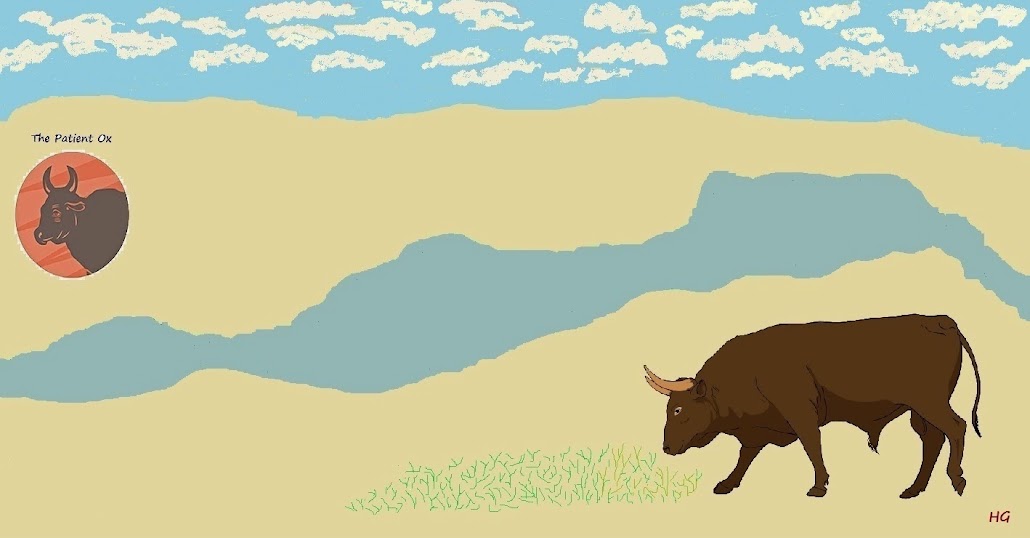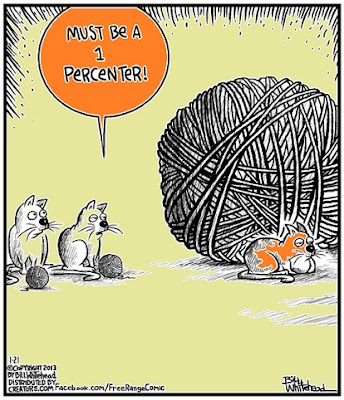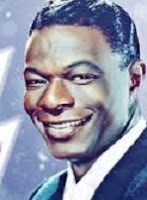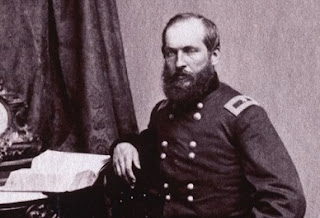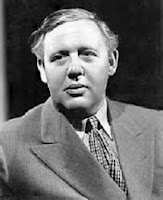James Garfield
(1851-1881)
James Garfield,
ahead of his time
------ // ------
By Editorial Board
The Washington Post
February 17,
2013
[For the briefest time, President Garfield was an inspiration.]
Most of our presidents languish in a cloud of national
historical vagueness, especially those who held the office in its first
century. For one thing, there were so many of them, which is what happens when
republics don’t grant power for more than four years at a time. And, except for
Abraham Lincoln, so few of them make really good movie material. Lincoln, of course, is in
theaters everywhere in this 150th anniversary year of Emancipation, but the
decades that came after that glorious episode in our history don’t seem to
offer much hope for an honest sequel or another admirable president to portray.
There is one, though, who’s worth a thought on this holiday, Presidents’
Day, which is usually devoted to Washington, Lincoln and blockbuster
sales events. You may have passed by the memorial to him at the foot of Capitol
Hill — it’s an elaborate thing that has one large standing statue of the
president and three smaller ones representing earlier stages of his eventful
life.
He was James A. Garfield, who may have been the best president we never
had, or hardly had. Garfield was fatally wounded
only months into his presidency by a deranged office seeker with a handgun, and
the memorials to him — statuary, parks, streets, schools here in Washington and elsewhere
— reflect not just the nation’s grief over his martyrdom but also a genuine
admiration felt across a great part of the country and especially among its
most downtrodden.
Garfield was a poor boy (last of the log cabin presidents) who lost his father
early, worked his way through school, and went on to become a professor, Civil
War general, businessman and congressman.
He was chosen for the 1880 Republican presidential nomination even though
he didn’t seek it and tried to dissuade the delegates at the deadlocked
convention from stampeding to him. (Talk about a story line that would test the
credulity of modern American audiences.) And he took office reluctantly,
sensing that he would never see his Ohio
farm again.
Garfield was an upright man but human, and he made mistakes and enemies here and
there. But he was a forceful and widely respected advocate for what he believed
in, inspired trust among many and felt strongly on the great issue of his day —
the future of newly emancipated Americans. He was also a powerful orator, and
in his inaugural address he delivered an impassioned defense of civil rights,
the likes of which was not to be made by another American president for nearly
a century.
“The elevation of the negro race from slavery to the full rights of
citizenship is the most important political change we have known since the
adoption of the Constitution of 1787,” he said. “NO thoughtful man can fail to
appreciate its beneficent effect upon our institutions and people. It has freed
us from the perpetual danger of war and dissolution. It has added immensely to
the moral and industrial forces of our people. It has liberated the master as
well as the slave from a relation which wronged and enfeebled both. It has
surrendered to their own guardianship the manhood of more than 5,000,000
people, and has opened to each one of them a career of freedom and usefulness.
It has given new inspiration to the power of self-help in both races by making
labor more honorable to the one and more necessary to the other. The influence
of this force will grow greater and bear richer fruit with the coming years.”
There was more along those lines, and it bears reading. Moreover, Garfield appointed four
black men, among them Frederick Douglass, to posts in his administration. We
are left to wonder today what a president of conviction and conscience such as Garfield might have done
to rouse the country and lead it against the vicious new institutions of
repression and virtual re- enslavement that were taking hold in the American
South, with the silent acquiescence of the North.
We will never know, of course, what the limits of his leadership might have
been, but it would seem, from the grief at his passing and the memorials that
remain, that he was a president who left more of a mark on the people’s
consciousness in a few months than some others have in four years and more.
____________________
Some Readers’ Comments …
kdalwin:
1:47
PM CST
Garfield was only President for 5
months before he was killed...not much time to really get anything done.
---------------
B2O2:
1:11 PM CST
Wow,
imagine how awfully Fox would have savaged this man had they been around at the
time. And, like Lincoln,
can anyone imagine this guy coming CLOSE to the Republican nomination in this
day and age? LOL
---------------
Astorix:
11:35 AM CST
President
Garfield was also against the cronyism and corrupt political machines such as
Tammany Hall that were corrupting politics in general and the Republican Party
in particular. He was replaced by Chester Arthur a former party hack who loved
his big buffets and didn't accomplish too much.
The assassination of President Garfield was such a tragedy and the fourth
biggest what if
behind Lincoln, FDR, Kennedy.
--------------
DurangoJeff:
11:02
AM CST
Nice
counterpoints to this article.
130 years after Garfield's
death, resentment over the loss of white privilege is alive and well.
--------------
seismic-2:
10:32 AM CST
In
high school we were taught that Garfield
devised a unique proof of the Pythagorean theorem, which you can read
here:
http://science.kennesaw.edu/~sellerme/sfehtml/clas.
As a congressman, Garfield
was a close friend of the renowned astronomer Simon Newcomb of the US Naval
Observatory, whose career he championed. With his fluency in Greek and Latin,
he was truly a Renaissance man.
--------------
moderatedonald:
9:17
AM CST
A very good book about President Garfield, his assassin
and the doctors that were complicit in his death is "Destiny of the
Republic" by Candice Millard. I would recommend it if anyone wants additional
information about President Garfield.
--------------
